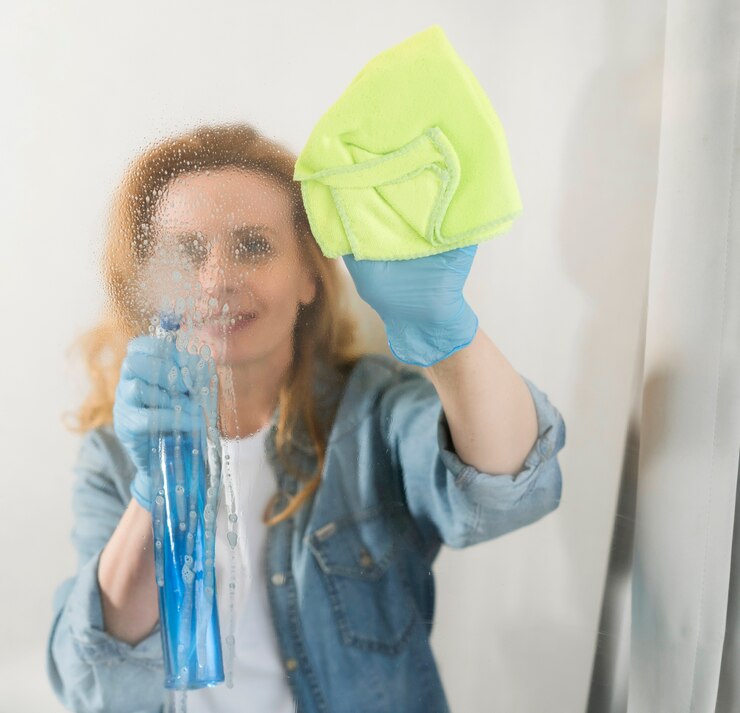Are you frustrated by the unsightly white spots that mar your faucets, bathtub, and dishes? Hard water stains are a common nuisance in many homes, caused by the presence of minerals like calcium, magnesium, and limestone in your water supply. While hard water is generally safe, it can wreak havoc on your plumbing, appliances, and surfaces, leaving behind stubborn stains and residue.
So, how can you effectively tackle hard water stains? Here are three proven methods:
- DIY Natural Cleaning Solution: Mix equal parts white vinegar and water in a spray bottle. Apply the solution generously to affected areas and let it sit for 5-10 minutes to break down mineral deposits. Then, wipe clean with a cloth or towel, followed by buffing with a dry cloth for a sparkling finish.
- Commercial Cleaning Products: Opt for a commercial cleaner containing hydrochloric acid for tougher stains. Remember to wear gloves and ensure proper ventilation when using harsh chemicals. Simply spray the cleaner onto the stained surface, wipe away with a rag, rinse thoroughly with water, and dry.
Preventing Hard Water Stains: While hard water stains may seem unavoidable, there are steps you can take to minimize their impact. Dry surfaces promptly after use, especially in high-traffic areas like the kitchen and bathroom. This prevents mineral deposits from drying and forming stubborn stains.
Considering a Water Softener: To address hard water at its source and prevent future stains, consider investing in a water softener system for your home. This not only saves you time and effort in cleaning but also extends the lifespan of your plumbing and appliances while reducing energy costs.
Dealing with Plumbing Issues: Hard water can lead to clogged pipes and decreased efficiency in your water heater, resulting in costly repairs and increased utility bills. Start by obtaining a water quality report from your utility company to gauge the hardness of your water. Additionally, you can perform a water hardness test using DIY kits available at home improvement stores.
For long-term solutions and expert advice on installing a water softening system, consult a professional plumber. They can assess your specific needs and recommend the best course of action to protect your plumbing and maintain a clean, stain-free home.

